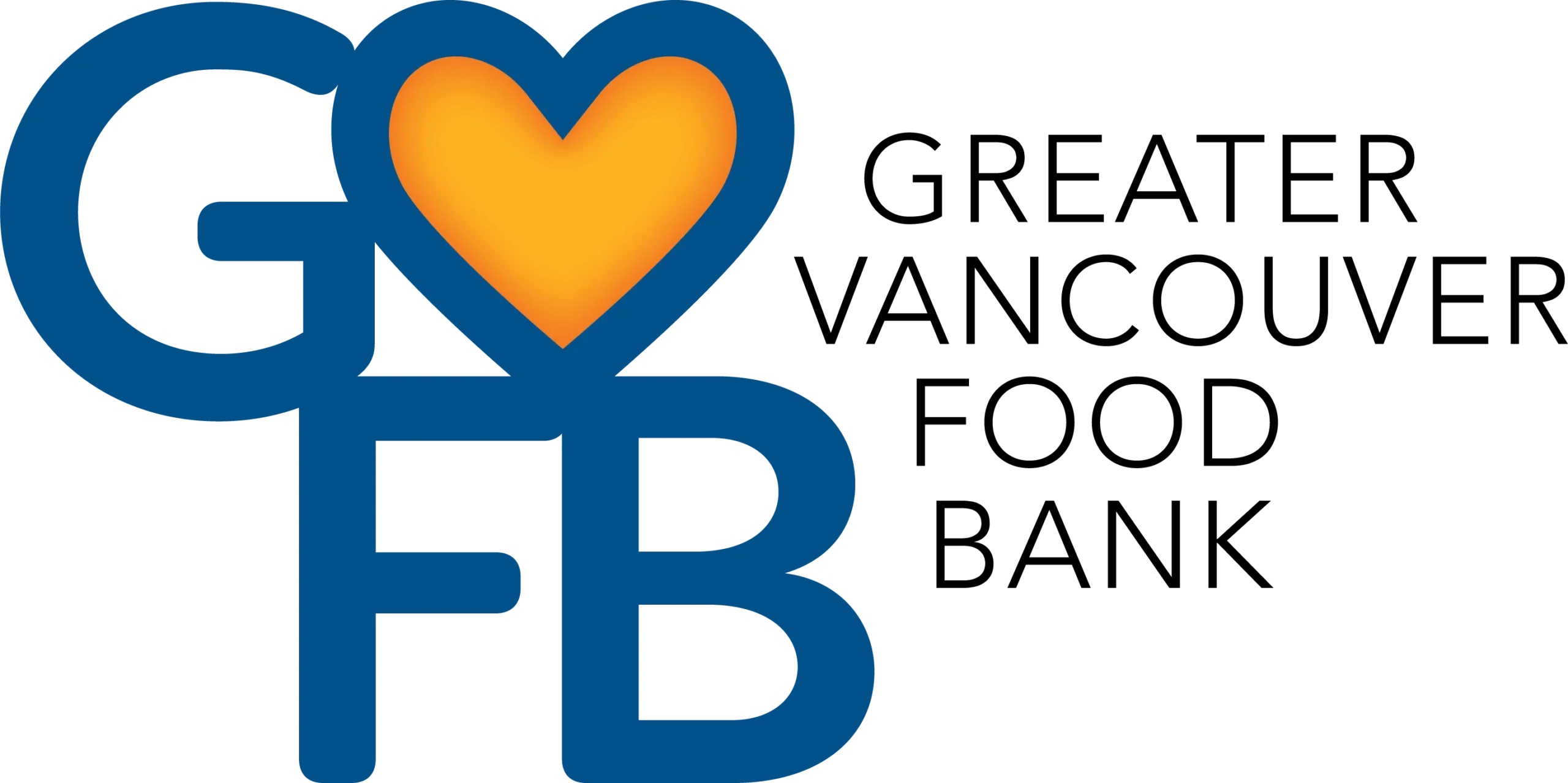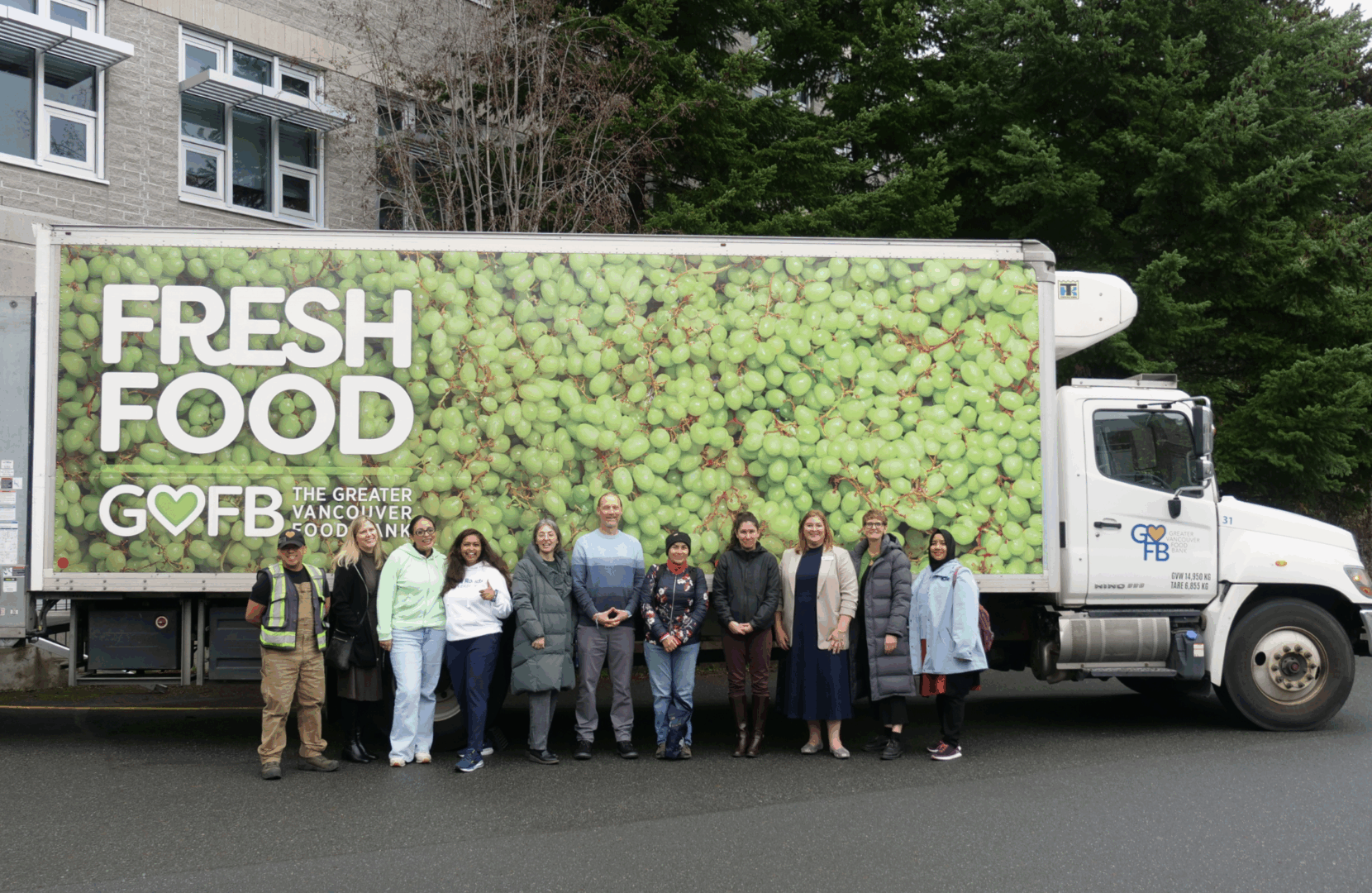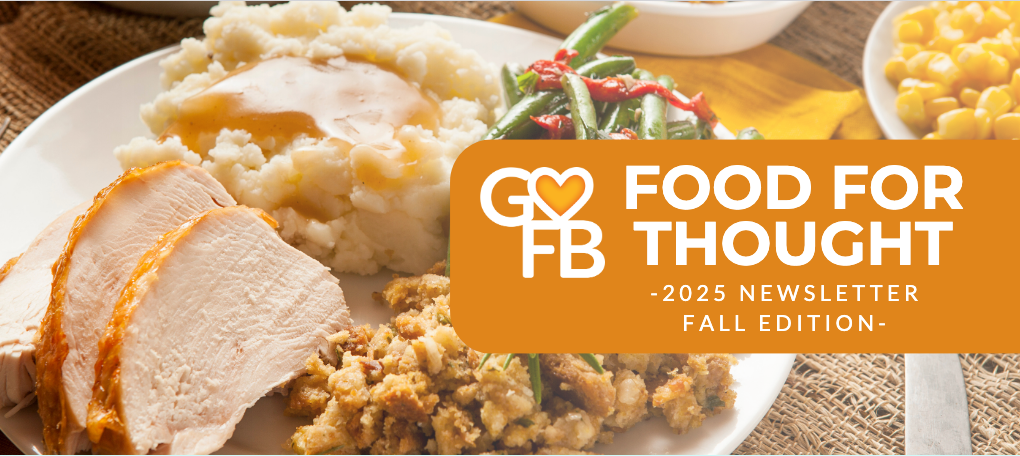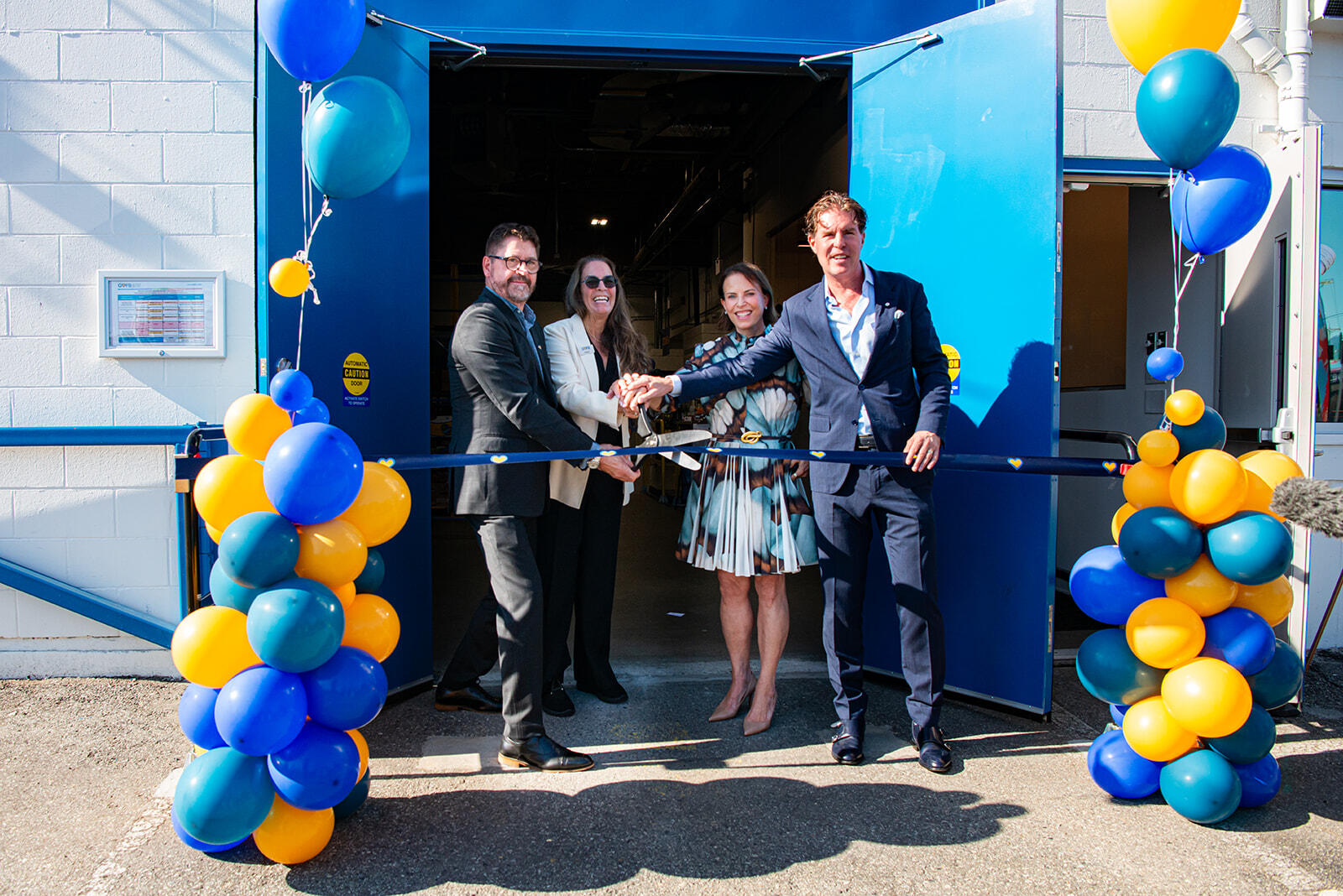Burnaby, BC – July 14, 2020 – When the pandemic hit in March, and the doors closed on the 12 locations where the Greater Vancouver Food Bank distributed food each week, they had to think fast, get creative, and prepare to make changes each week to adapt to COVID-19’s impact on the work they do in the community, getting healthy food to those in need.
Initially, they were distributing grocery bags out of the back of a truck outside a closed neighbourhood house, but it has progressed to distribution sites in the 4 cities the GVFB supports that are health authority and WorkSafe BC approved, with the support of each municipality. Whether it’s closing the street in front of the North Shore Neighbourhood House on Wednesday afternoons, or helping them secure space in parks, arenas, theatres and empty community centre gymnasiums, the cities of North Vancouver, New Westminster, Vancouver and Burnaby have helped the GVFB find large locations to safely distribute food in a physically distanced way. And they haven’t missed a day’s distribution.
When Food Banks Canada sent through the GVFB’s portion of the recent federal funding for food banks, the GVFB’s CEO, David Long had an idea. They were already sending hundreds of grocery bags full of food each week to their previous neighbourhood house partners, to support efforts to get food to seniors, people who were self-isolating, or who struggle with mobility issues. “What if we could help them with refrigeration on site, and give them more perishable food?” David wondered. Both the GVFB Board of Directors and Food Banks Canada loved the idea, and the plan took shape.
The GVFB not only reached out to the neighbourhood partners where they distributed food pre-COVID, but they also offered refrigeration and healthy food each week to several new community organizations who provide grocery, meal and snack programs on the front lines of their communities. To date, 14 organizations are on board and have either received or are about to receive an industrial sized fridge and freezer, and are looking forward to weekly deliveries of both perishable and non-perishable food from the GVFB. This represents an increase in the GVFB’s community food coverage, when you include their large weekly distribution locations in Burnaby, Vancouver, New Westminster and North Vancouver.
“I wanted to use the federal funds to offer onsite refrigeration to these critical community organizations, to really build their capacity and increase the sustainability of their food programs. I saw that this as an opportunity to distribute more food to our neighbourhoods, focussing on seniors and people with mobility issues, who would have a hard time travelling to our main distribution locations.” – David Long, CEO at the Greater Vancouver Food Bank
IMPACT:
“With this equipment it will be possible to streamline my work and also better organize the donations and products we receive weekly; we can offer even more fresh food to our shelter residents. We appreciate the fridge and freezer because it contributes to maintaining the quality and standards that our residents deserve every day.” – Marcos Paulo, Chef at the Community Builders Group
“Due to COVID-19, we took over some second hand fridges from the child care program, but when the child care program starts up again in the Fall we will no longer have any cold storage capacity for our produce and anything that needs refrigeration. Now we have this massive refrigerator, and the huge freezer, it means they can just be incorporated into the space, and we can still have our community activities – so it’s a massive game changer for us.” – Simone Brandl, Program Director at the North Burnaby Neighbourhood House
About Greater Vancouver Food Bank:
A non-profit organization with a mission to provide healthy food to those in need, the GVFB provides assistance to over 8,500 people weekly in Vancouver, Burnaby, New Westminster and the North Shore. 25% of their clients are children and 22% are seniors. The GVFB also provides food support to approximately 80 community agencies throughout these communities, such as housing agencies, women and children’s shelters, transition houses and after school programs, who in turn provide meals and snacks to thousands of people each week.
Media Contact:
Jodie Ou
604-216-3083





